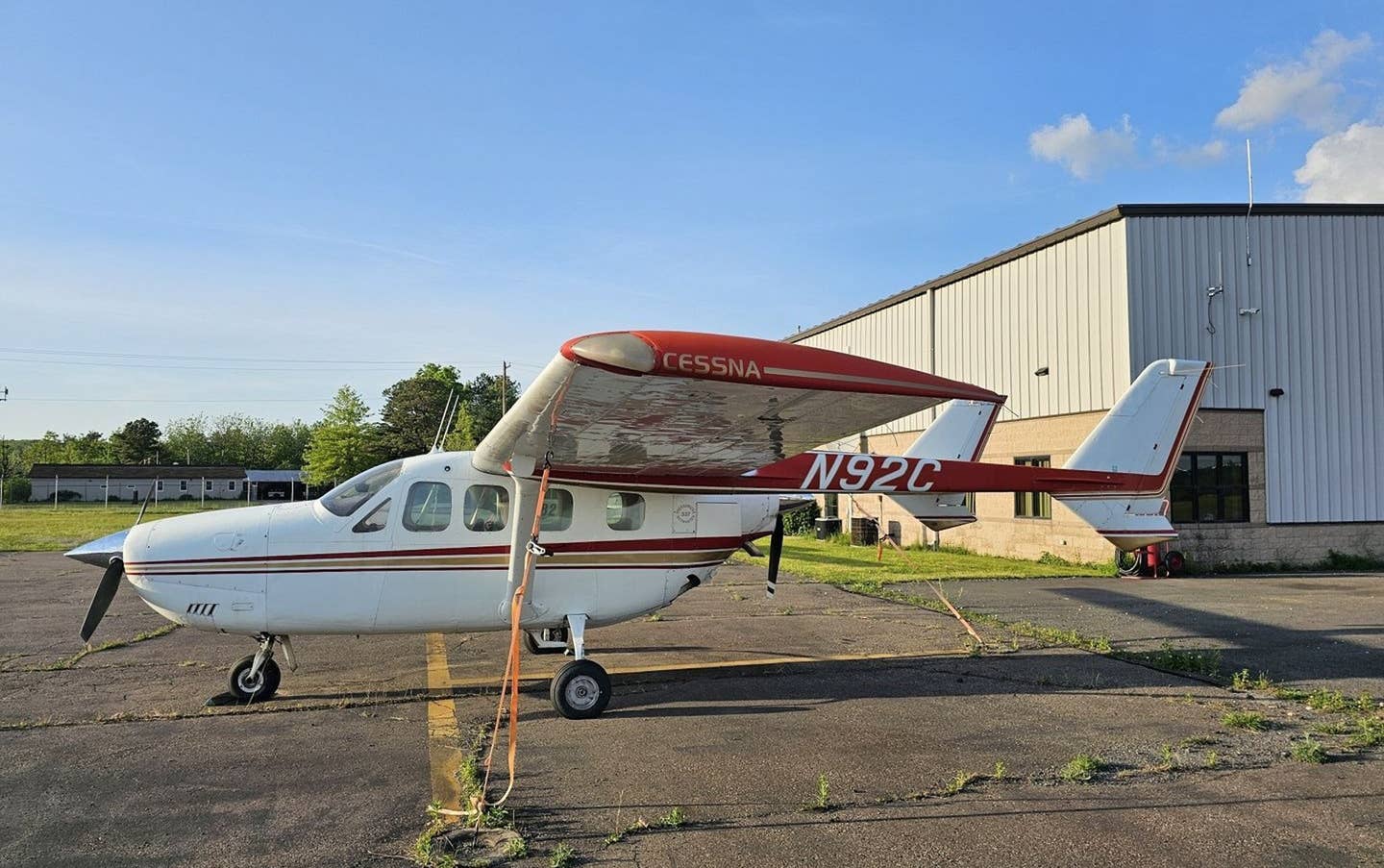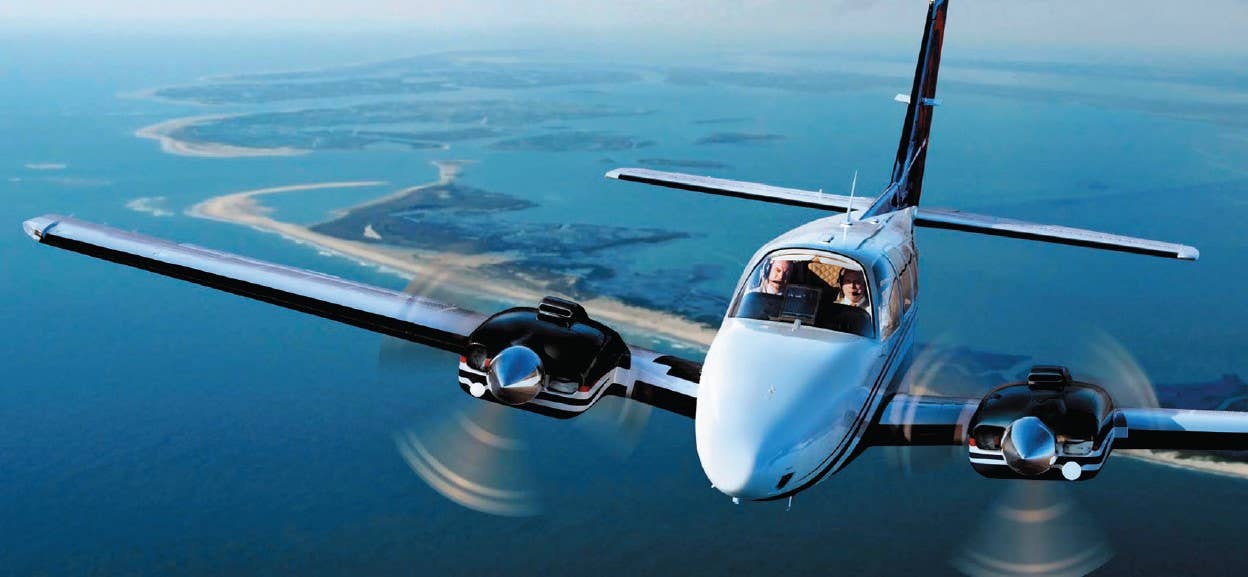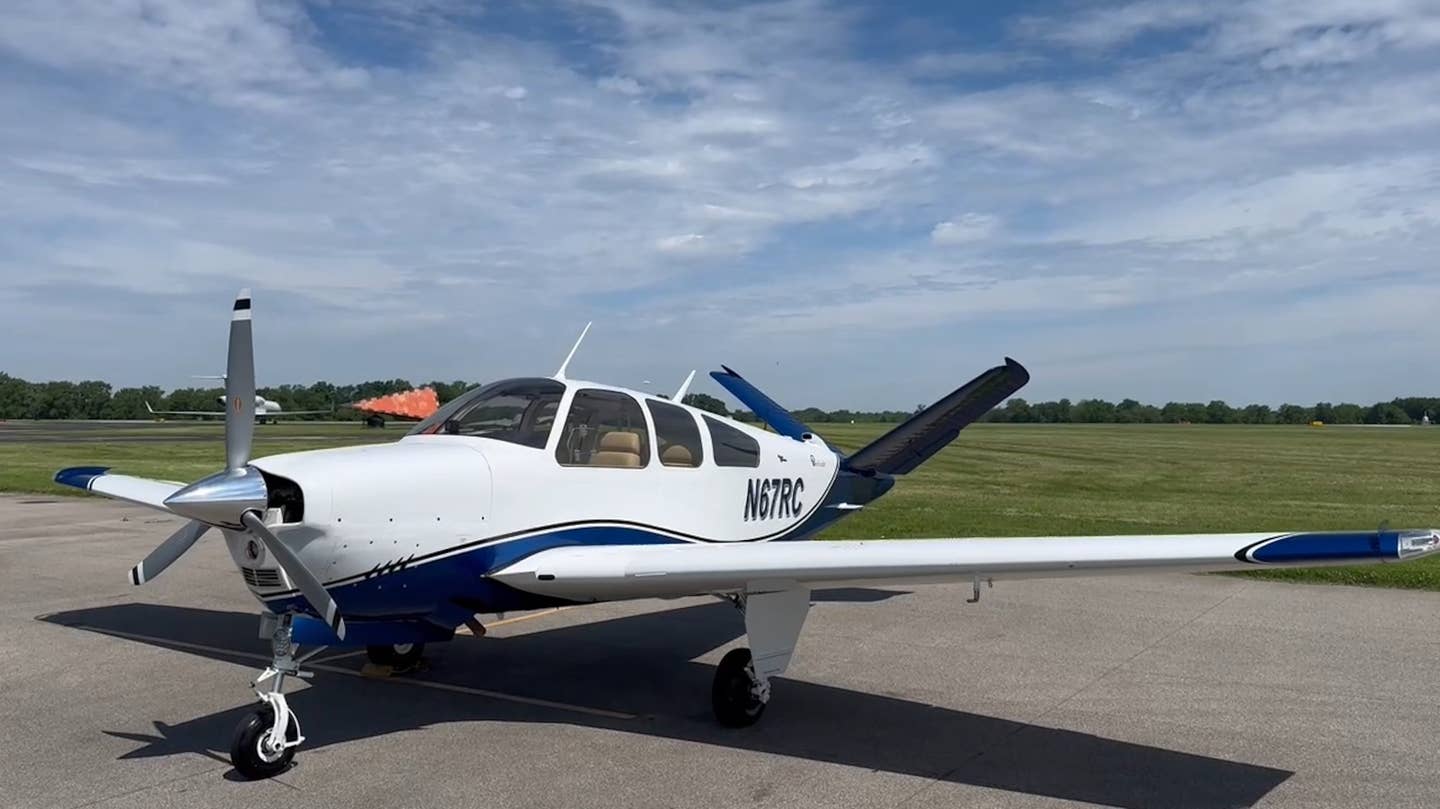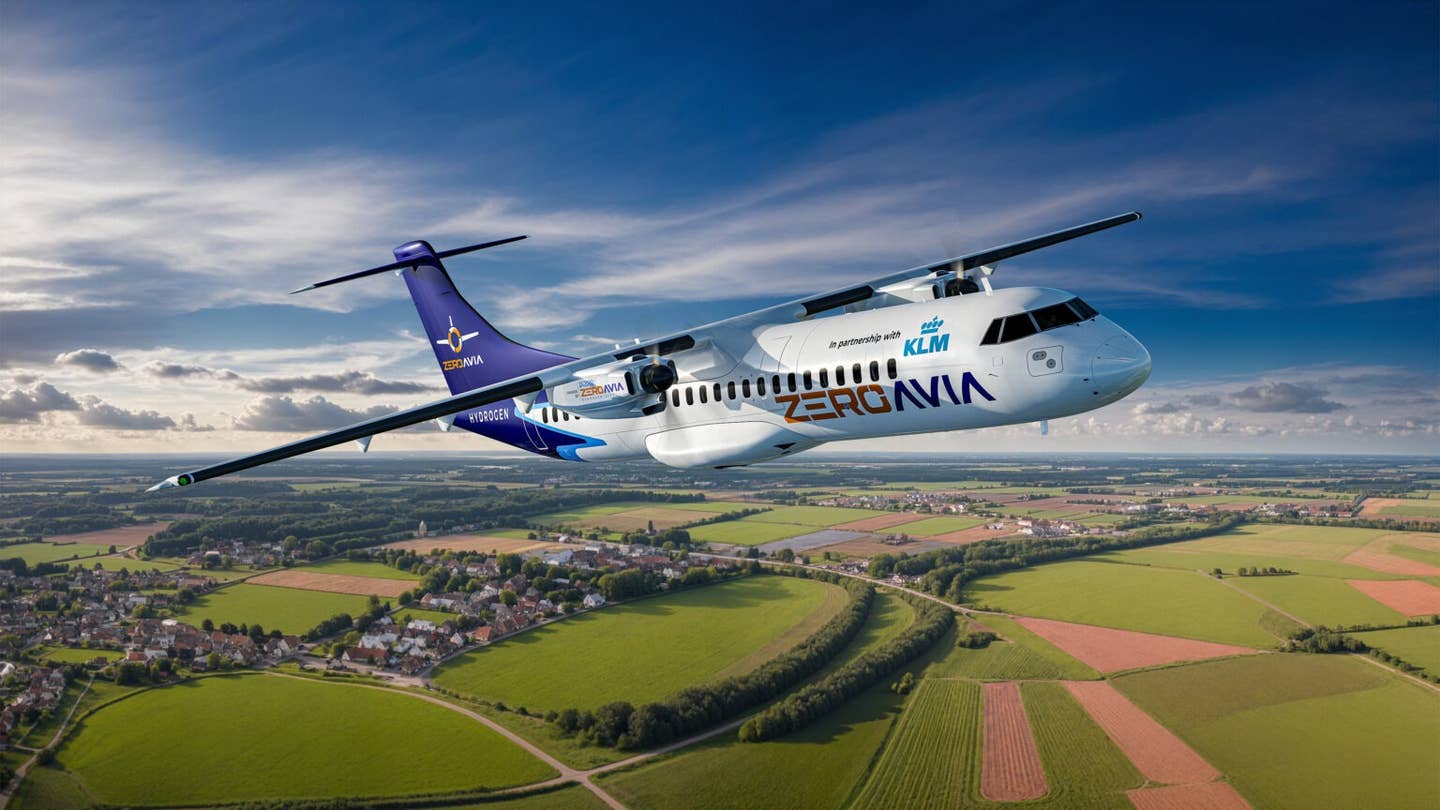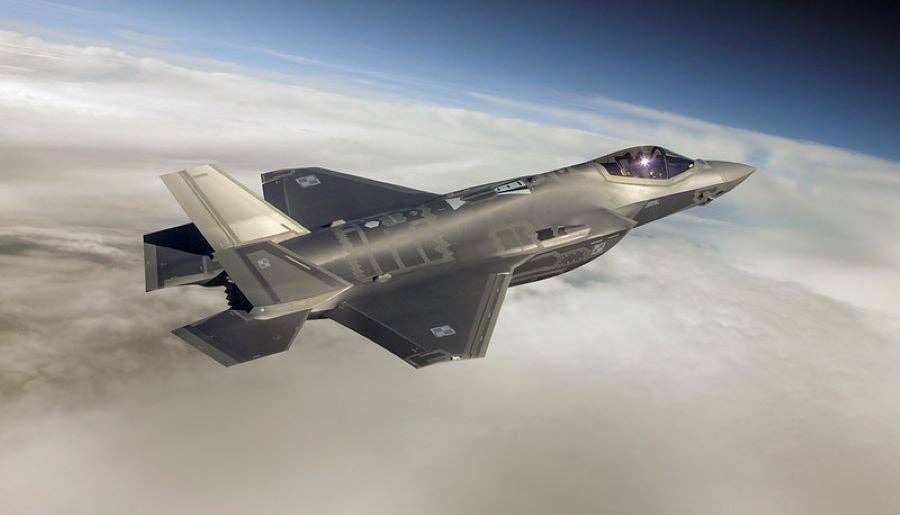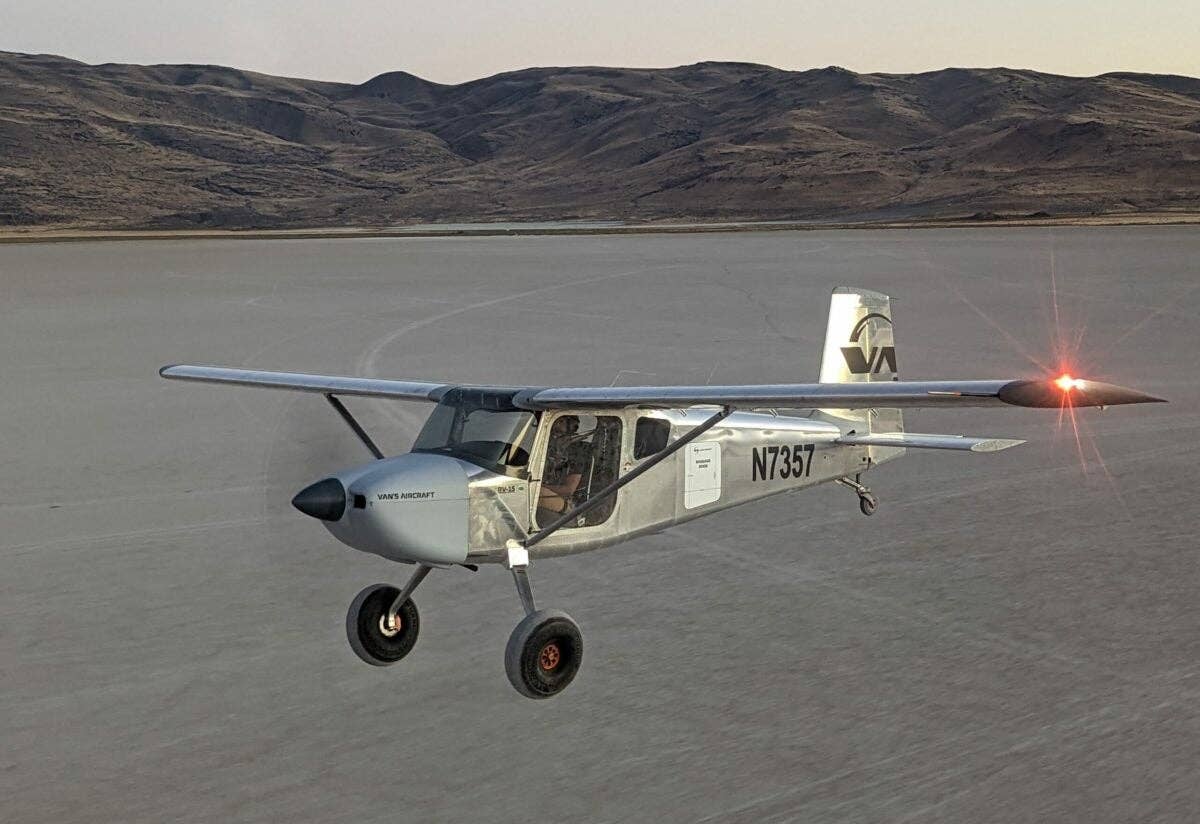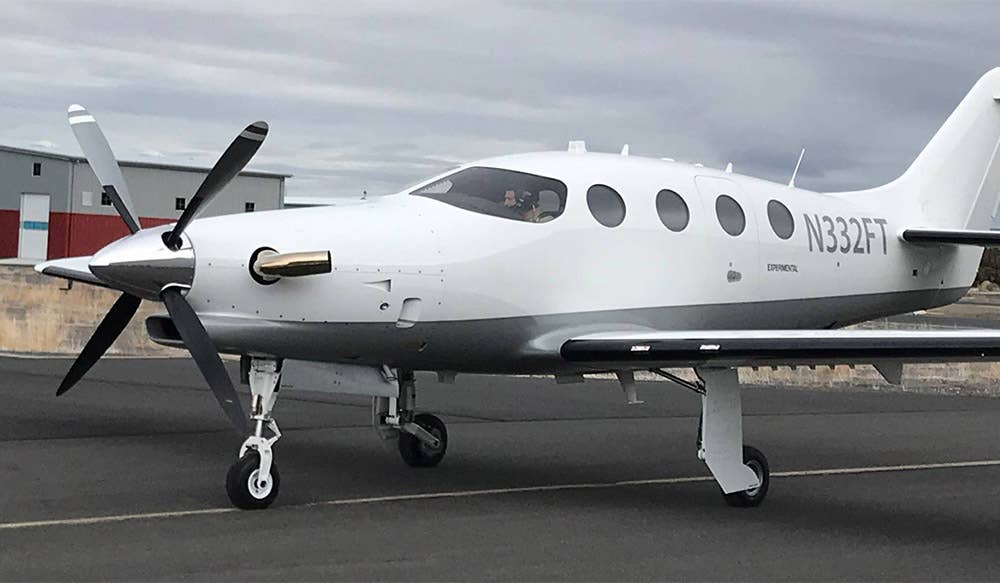
Epic Aircraft’s second and final production-conforming prototype has joined the flight test program in Bend, Oregon. Epic Aircraft
Epic Aircraft in Bend, Oregon, has flown the second and final production conforming prototype E1000, putting the company on short final for FAA certification of the all-composite single-engine turboprop, which is now anticipated to enter the market by this year’s third quarter.
Epic Aircraft CEO Doug King said performance of the Pratt & Whitney Canada PT6A-67A-powered airplane is coming in better than expected. Final numbers will be released closer to certification, he said. Preliminary figures released previously by Epic estimated of maximum cruise speed of 325 ktas, range of 1,650 nm and a 34,000-foot ceiling, all of which would put the $3.25 million E1000 in rarefied territory with Daher’s class-leading TBM series.
“We’re really happy with the performance we’re seeing with the airplane,” King said. “Our customers are going to love it.”
The second prototype, known as FT2, is being used for interior and cabin functionality testing along with final evaluations of fuel, hydraulic, avionics and environmental systems. It joins the first prototype, which first flew in December 2015 and has since wracked up more than 500 flying hours.
King said the Garmin G1000 NXi cockpit and luxurious passenger compartment will be major selling points for the airplane, which is targeted at buyers in the owner-flown market who will be comparing it against airplanes that look like flying sports cars. Epic currently holds about 80 orders for the E1000, a number King said he expects to rise once the airplane enters the market “and people realize just how good it really is.”
Certification has slipped from a previously announced schedule that called for market entry late last year. King blamed the delay on unanticipated structural testing issues and minor supplier issues, but said they are now behind the company as it focuses on wrapping up the flight test program.
Production plans, he said, call for a slow initial ramp up, with one airplane rolling out of the factory each month for the first six months. After that, Epic will enter full rate production, which will see the company building about one airplane a week.

Subscribe to Our Newsletter
Get the latest FLYING stories delivered directly to your inbox

